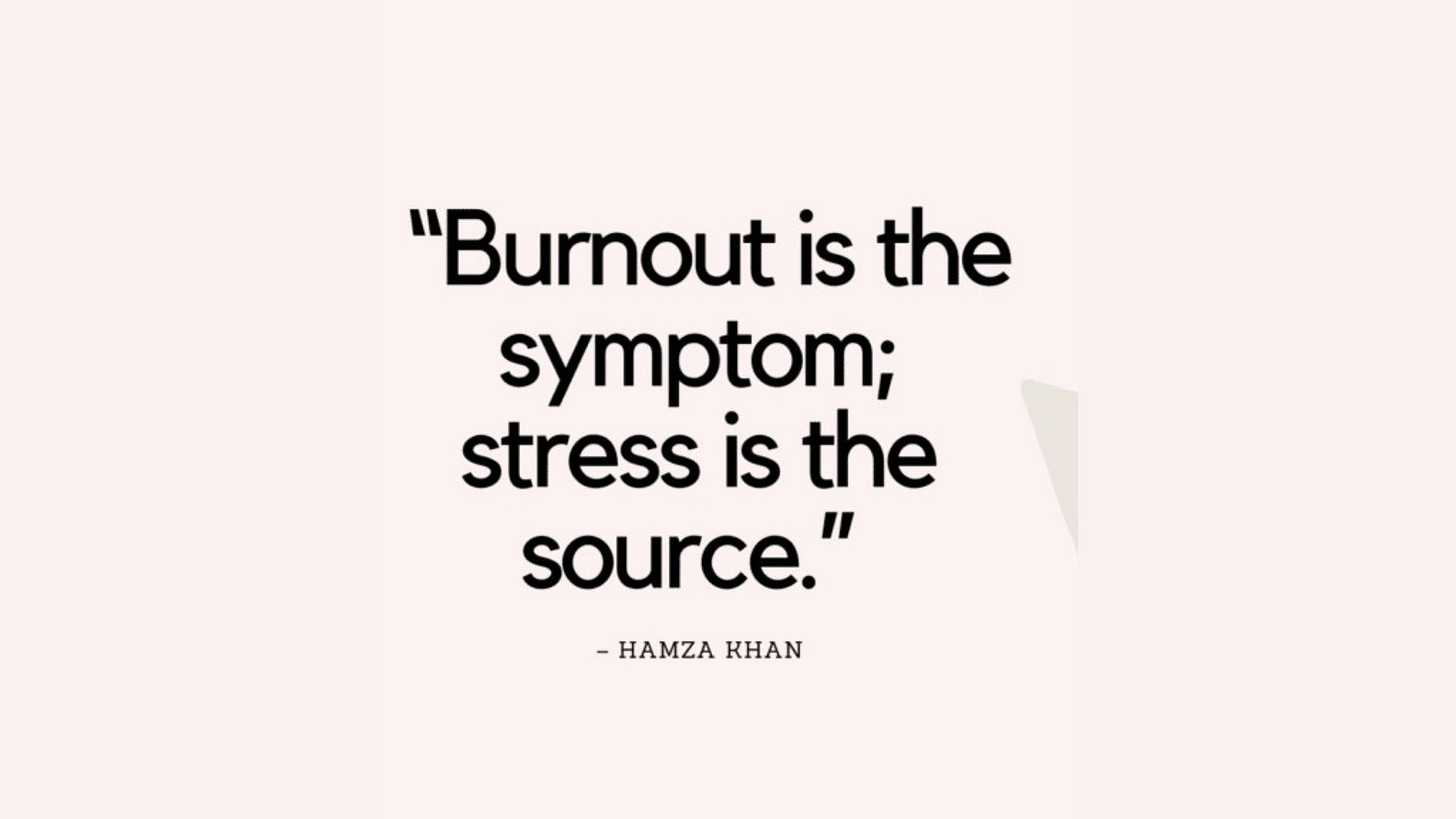Burnout is a state of physical, emotional, and mental exhaustion caused by chronic stress. The pressures of academic responsibilities, career aspirations, and personal expectations can lead to overwhelming feelings of fatigue and disengagement. However, burnout can be avoided, and enthusiasm for life can be rekindled with the help of proactive measures and self-care routines.
In this article, we will explore the causes and signs of burnout and provide effective tips to help you regain balance and vitality.
Burnout is not simply a result of working hard; rather, it arises when the demands placed on individuals exceed their capacity to cope.
Identifying burnout in its early stages is crucial for preventing it from escalating. Common signs includes:
1. Physical signs include changes in appetite or sleep patterns, frequent headaches, and chronic fatigue.
2. Emotional exhaustion: A feeling of exhaustion, apathy, and emotional distance from relationships or activities.
3. Decreased performance: Difficulty focusing and a decline in work or academic performance.
4. A greater level of cynicism: a pessimistic outlook and a sense of hopelessness about studies, work, or life in general.
5. Withdrawal: A propensity to withdraw from social interactions and support systems.
Tips to Overcome Burnout
1. Prioritize Self-Care: Make self-care a priority in your daily routine. Set aside time for activities that rejuvenate your mind and body, such as exercise, hobbies, or spending time with loved ones. Practice mindfulness and relaxation techniques to reduce stress and increase overall well-being.
2. Set Realistic Goals: Reevaluate your goals and break them down into manageable steps. Setting realistic expectations for yourself helps prevent feeling overwhelmed and allows you to experience a sense of accomplishment along the way.
3. Seek Support: Don't hesitate to share your feelings of burnout with friends, family, or mentors. Seeking support from others can provide a fresh perspective and remind you that you're not alone in your struggles.
4. Establish Boundaries: Learn to say no to additional commitments that could exacerbate burnout. Set boundaries for your time and energy to prevent overextending yourself.
5. Practice Time Management: Organize your schedule efficiently and allocate time for work, study, leisure, and rest. Effective time management helps avoid last-minute rushes and reduces stress.
6. Cultivate Hobbies and Interests: Engage in activities that bring you joy and fulfillment outside of your academic or professional responsibilities. Hobbies provide a healthy escape and contribute to a balanced life.
7. Connect with Others: Build and maintain a strong support network of friends, classmates, or colleagues. Social connections offer emotional support and can help combat feelings of isolation.
8. Focus on Positive Self-Talk: Challenge negative thoughts and cultivate a positive mindset. Celebrate your achievements and acknowledge your strengths and growth.
Although burnout is a significant and common problem among young adults, it is not insurmountable. You can regain equilibrium and vigor in your life by identifying the symptoms of burnout and implementing proactive strategies for self-care, time management, and goal-setting.
Keep in mind that caring for yourself is not a sign of weakness but rather of your dedication to your own success and well-being. If you embrace the process of self-renewal, you'll discover that you're rekindling your passion and fulfilling your potential.
Thank you for reading. If you have any topic you want me to discuss, you can reply to this newsletter. Don’t forget to share it with your friends and family if you find it beneficial.
See you soon. Ciao!






Bāraka-Llāhu fīkum.